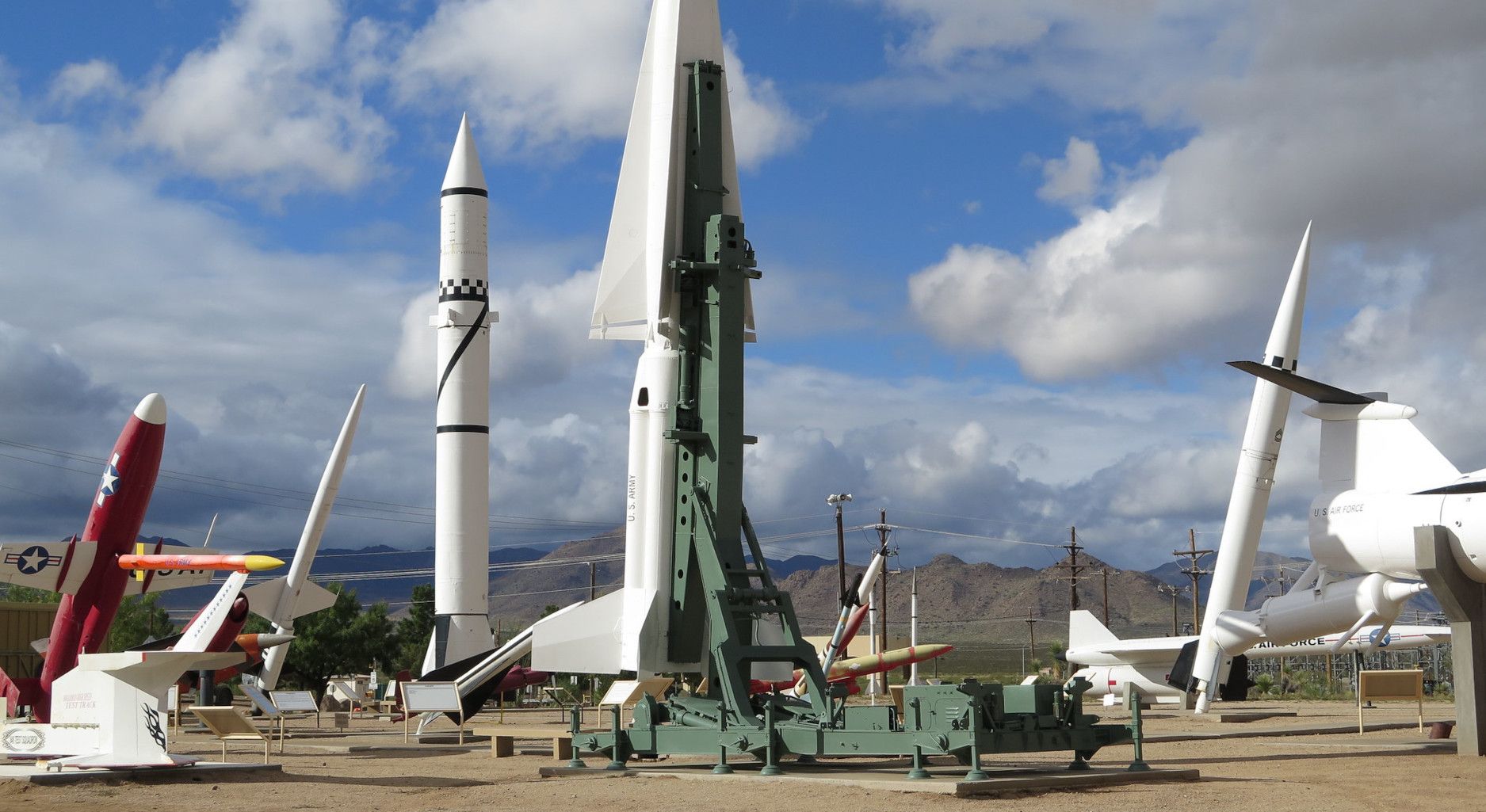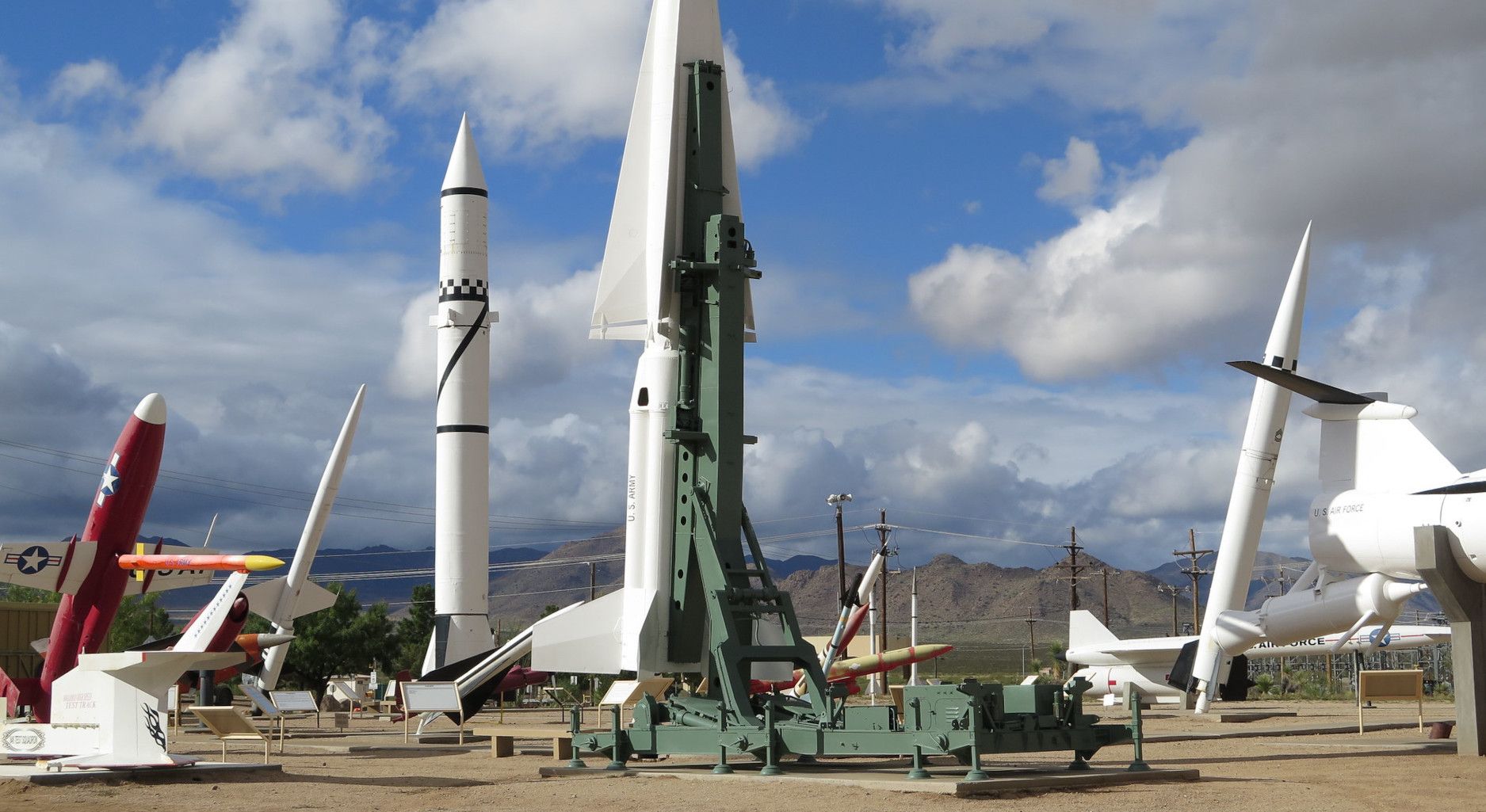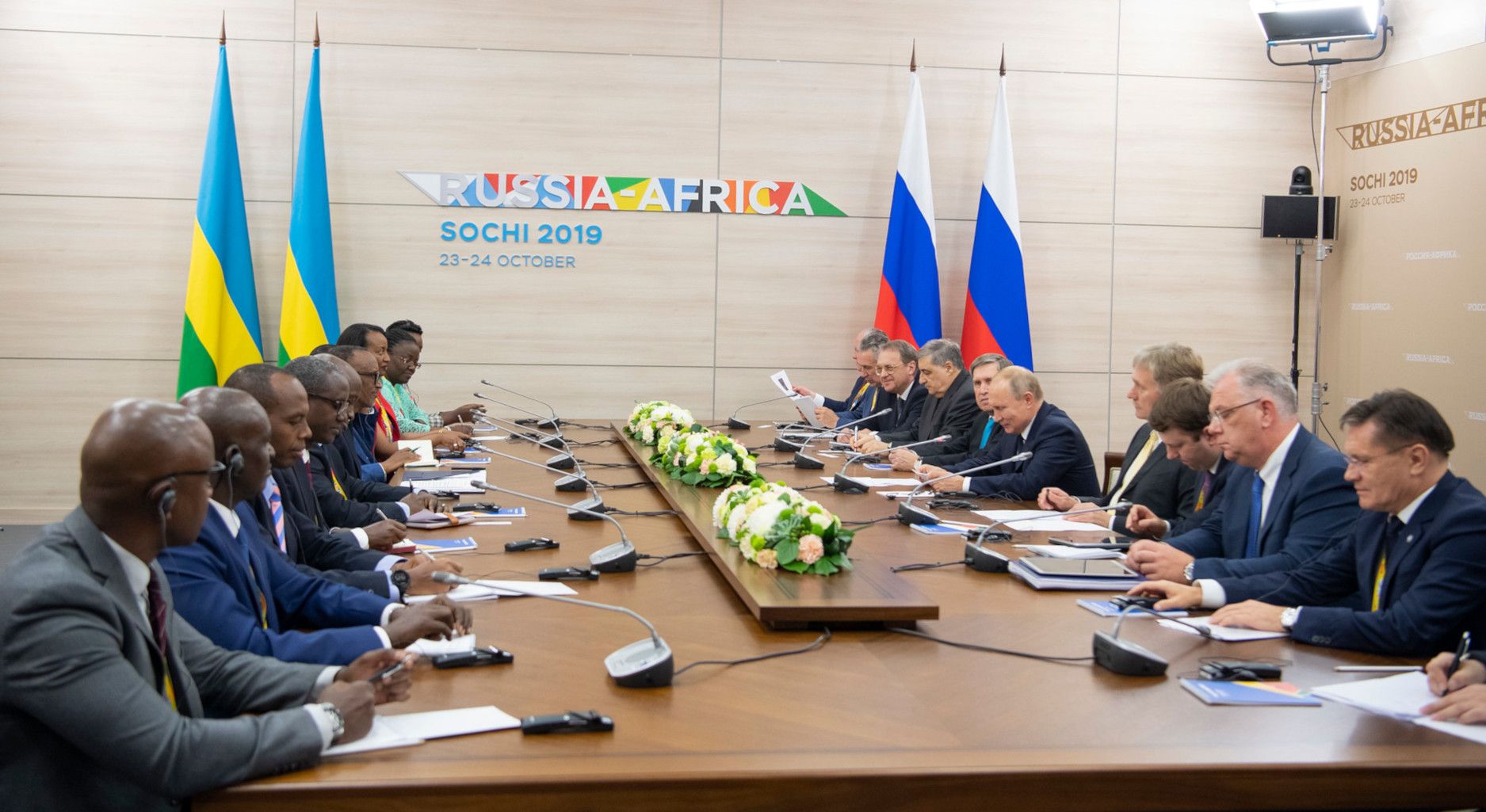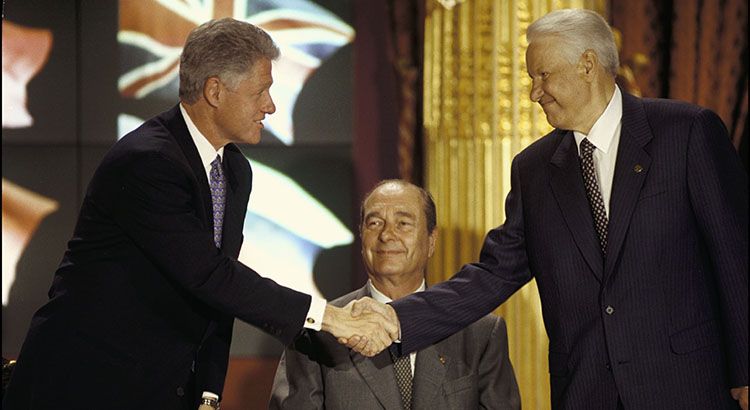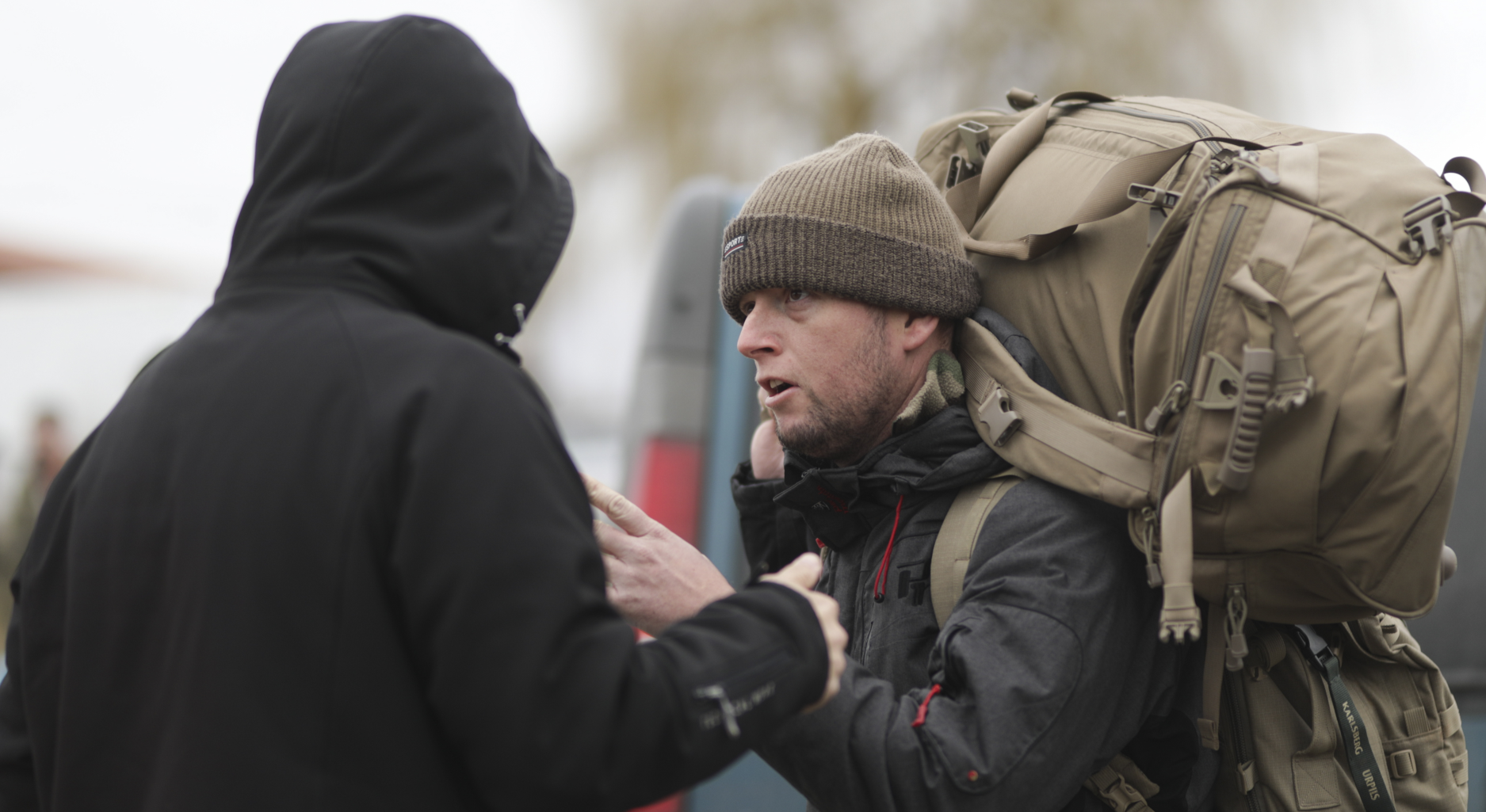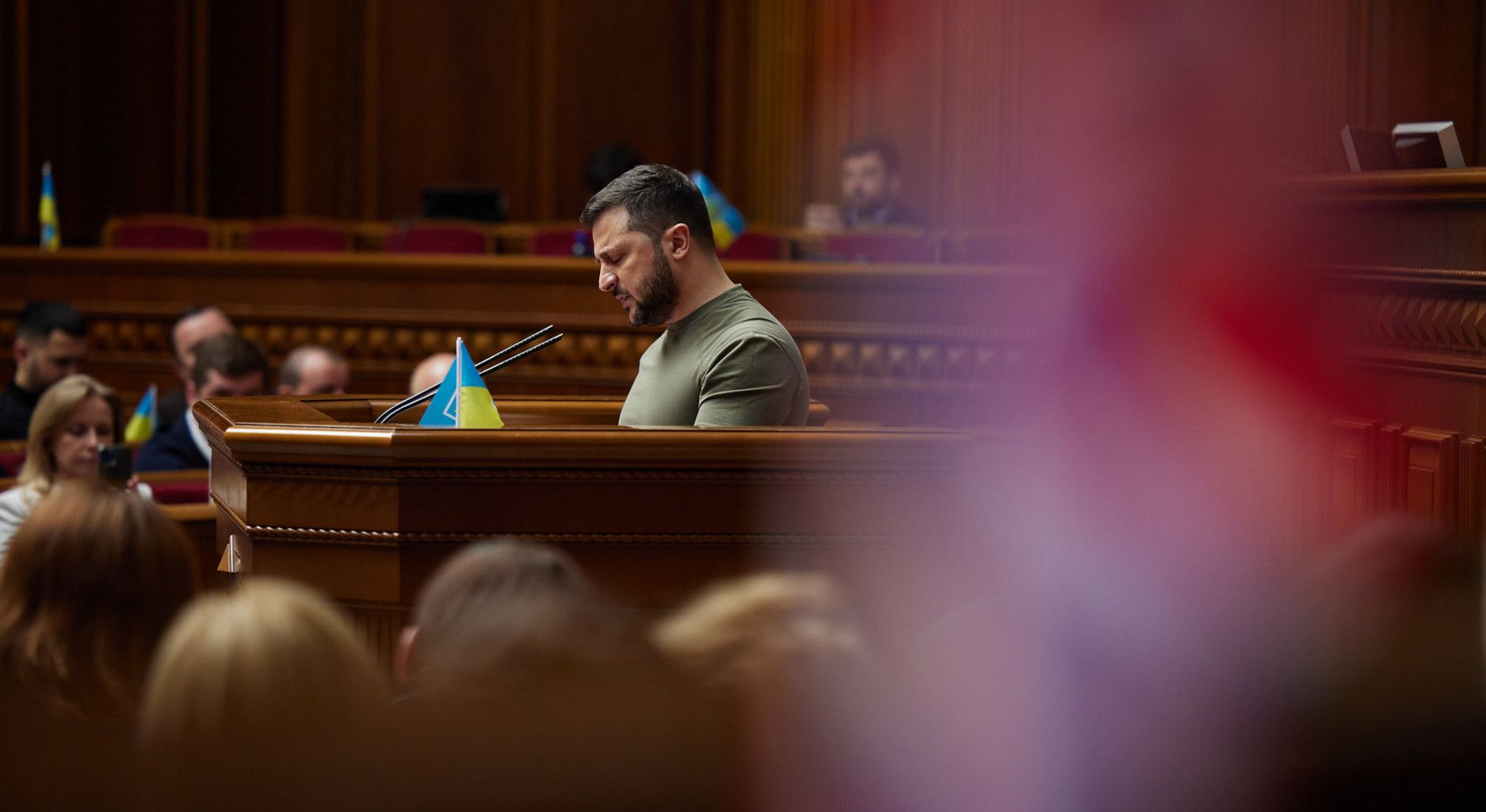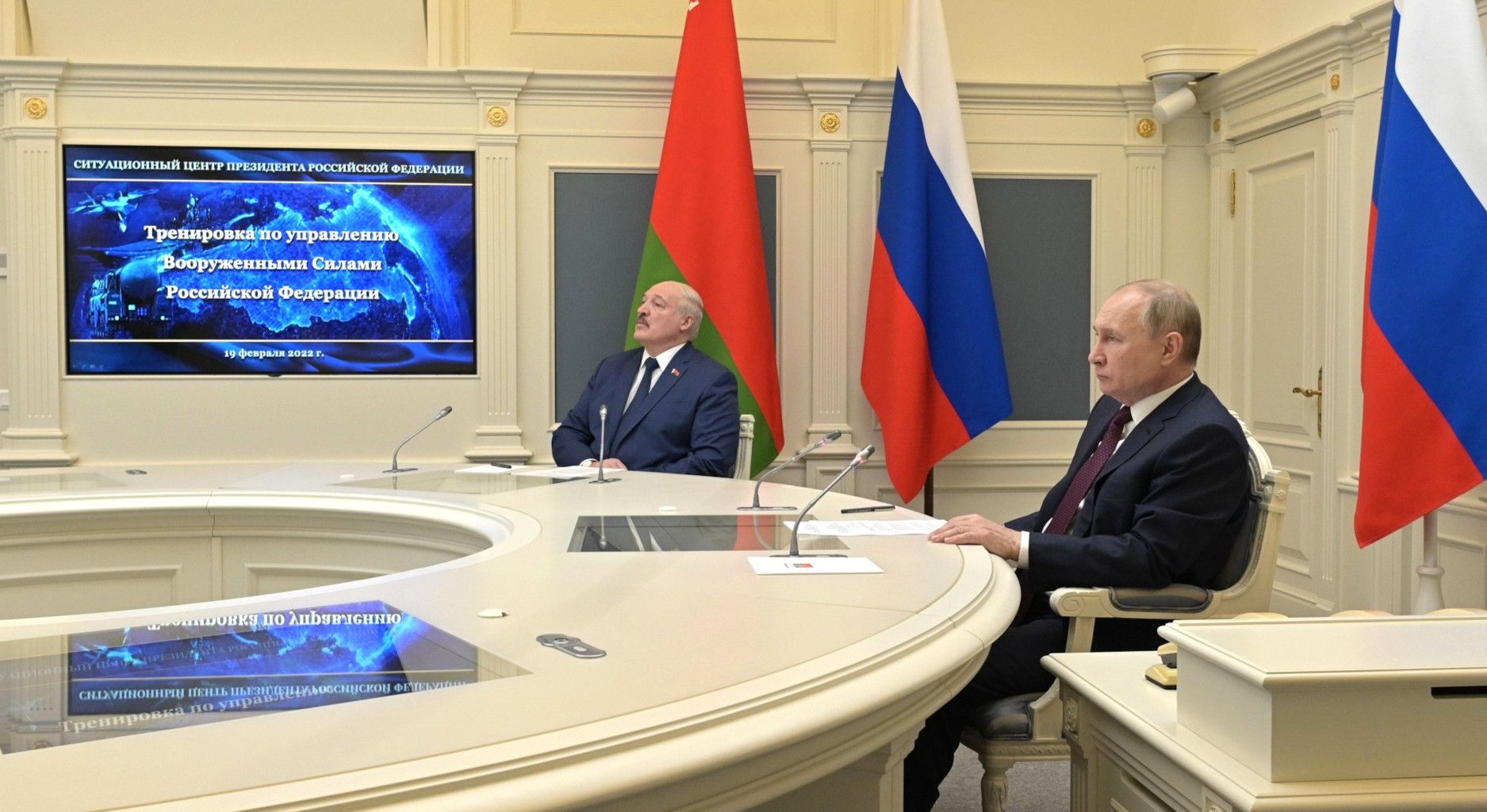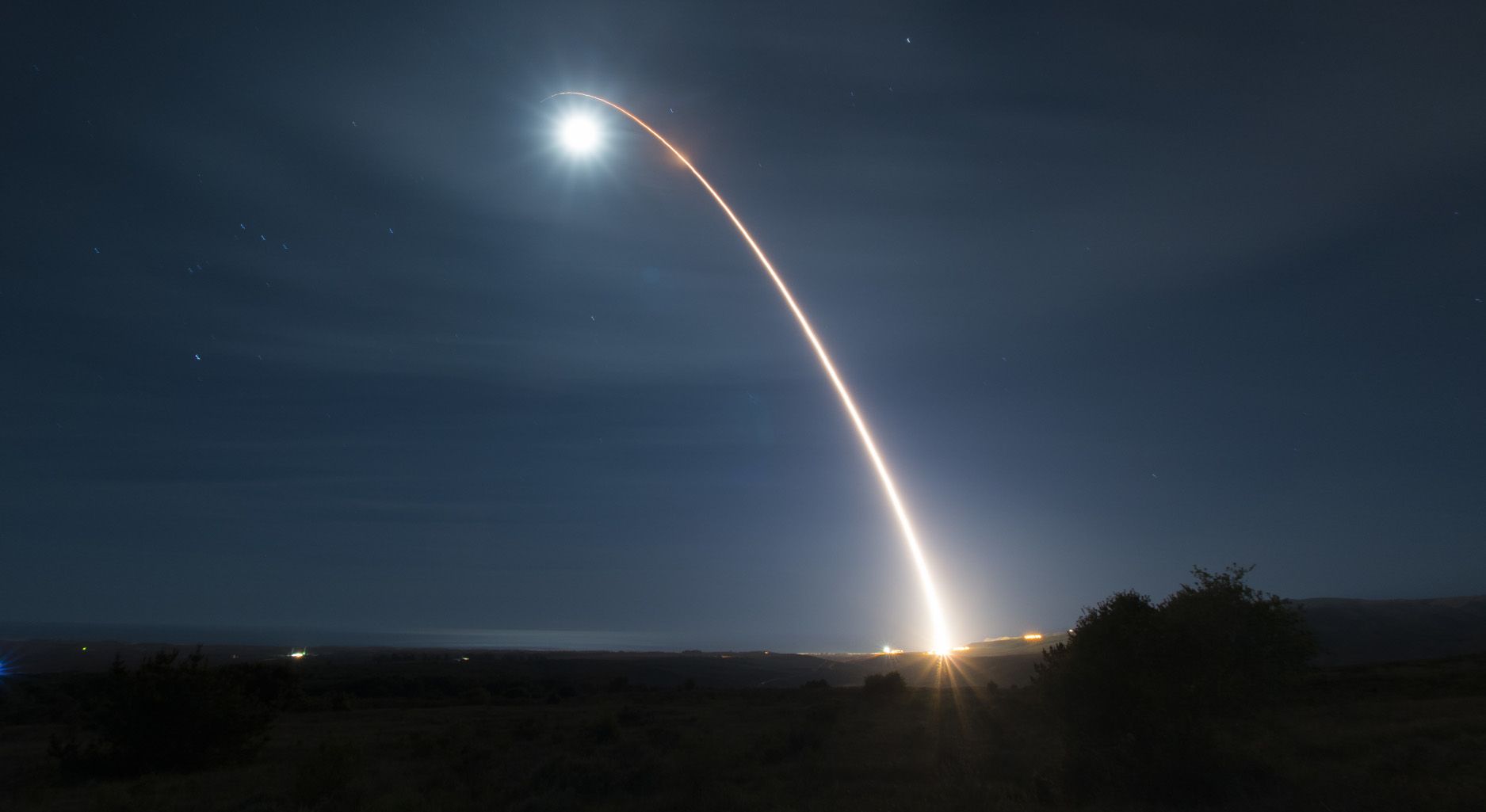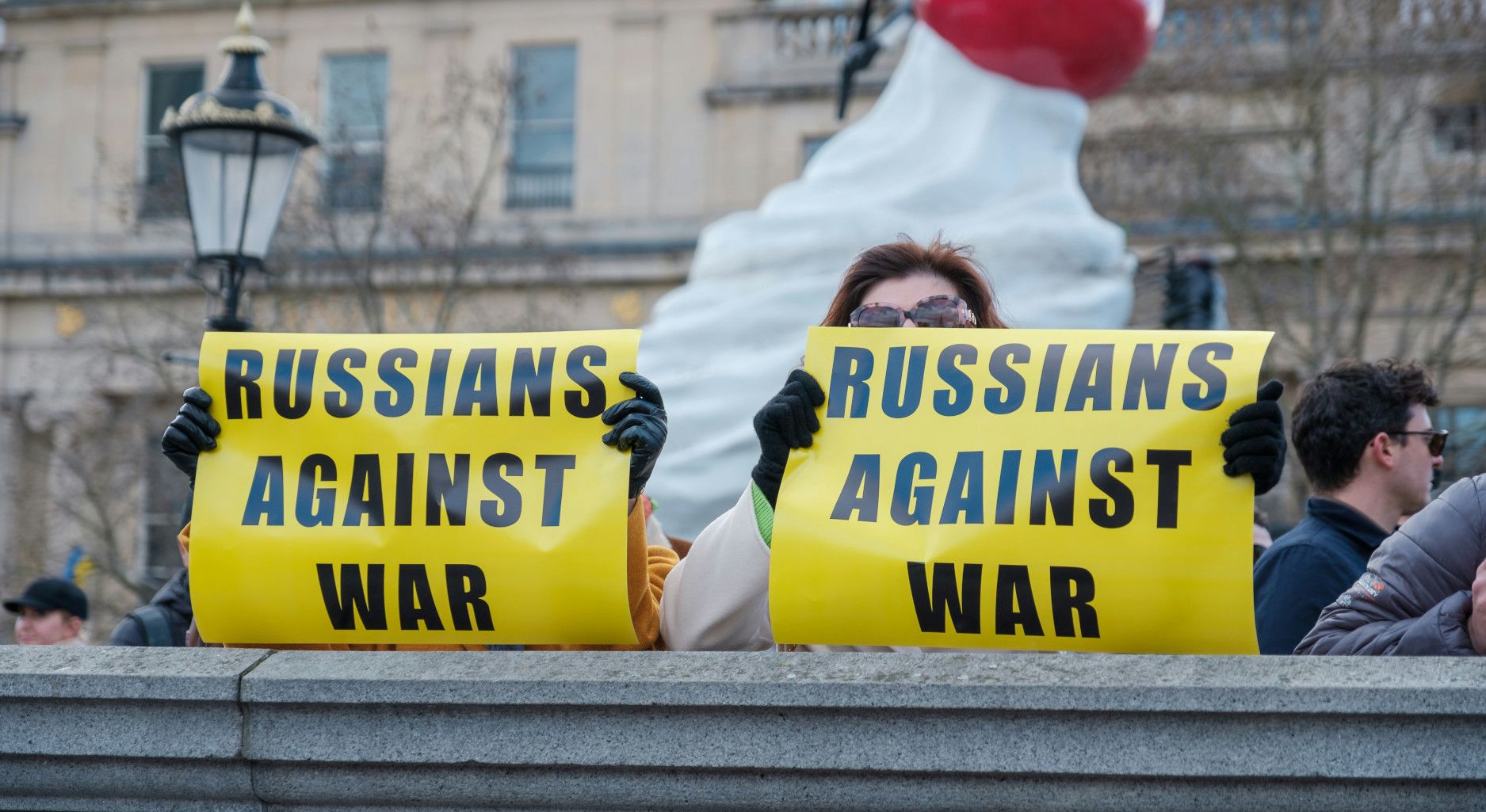Schlagwort: Russland
This month, the Tenth Review Conference of the Non-Proliferation Treaty (NPT) is taking place in New York City. The meeting of states parties, postponed four times because of the Covid pandemic, had originally been scheduled for April 2020. With Russia's war of aggression against Ukraine, the geopolitical context has since deteriorated to the point where progress on nuclear disarmament and nonproliferation seems almost impossible. The war and Russia's nuclear threats are fostering a renaissance of nuclear deterrence and rearmament and are threatening to deepen pre-existing fissures in the NPT. To counter the looming erosion of this cornerstone of global arms control, we need to acknowledge the darker side of nuclear deterrence that the Ukraine war is exposing. Understanding the current crisis as a crisis of nuclear deterrence can open up opportunities for de-escalation, disarmament and arms control – similar to the transformative effects of the Cuban Missile Crisis during the Cold War.
New York, Kiew, Havanna: Wir brauchen den Erstschlagverzicht
Im August tagt in New York die Zehnte Überprüfungskonferenz des Nichtverbreitungsvertrags (Non-Proliferation Treaty, NPT). Das Staatentreffen, das ursprünglich im April 2020 stattfinden sollte, wurde wegen der Corona-Pandemie viermal verschoben. In dieser Zeit hat sich mit dem russischen Angriffskrieg gegen die Ukraine die politische Großwetterlage so verschlechtert, dass Fortschritte in der Abrüstung und Nichtverbreitung von Nuklearwaffen kaum möglich scheinen. Der Krieg und die nuklearen Drohungen Russlands befördern eine Renaissance der nuklearen Abschreckung und Aufrüstung und vertiefen bestehende Risse im NPT. Um der drohenden Erosion dieses Grundpfeilers der globalen Rüstungskontrolle etwas entgegenzusetzen, müssen wir gerade jetzt die Schattenseiten der nuklearen Abschreckung anerkennen, die der Ukraine-Krieg offenlegt. Die gegenwärtige Krise der Abschreckungspolitik als solche zu begreifen, kann – wie schon bei der Kuba-Krise im Kalten Krieg – Chancen für Deeskalation, Abrüstung und Rüstungskontrolle eröffnen.
Russlands Einflussnahme auf dem afrikanischen Kontinent
Sergei Lawrows jüngste Afrikareise unterstreicht noch einmal, dass Russland international keineswegs so isoliert ist, wie wir uns das im Westen wünschen. Sie bestätigt das Bild, das schon bei der Abstimmung in der UN-Vollversammlung Anfang März über die Resolution zur Verurteilung der russischen Invasion sichtbar wurde. Damals enthielten sich rund 25 der 55 afrikanischen Länder, darunter Schwergewichte wie Mosambik, Angola, Sudan, Südafrika und Mali. Während die VertreterInnen anderer Länder gar nicht erst erschienen, stimmte Eritrea sogar gegen eine Verurteilung. Diese Haltung überrascht auch deshalb, weil Russland mit dem Überfall auf die Ukraine erklärtermaßen zwei Normen verletzt, die in besonderer Weise konstitutiv sind – gerade für afrikanische Sicherheit: Zum einen das Uti possidetis-Prinzip, demzufolge bestehende Grenzen nicht verändert werden dürfen, ganz unabhängig davon, wie historisch ungerecht ihr Zustandekommen gewesen sein mag und ob sie anderen Prinzipien wie dem der nationalen Selbstbestimmung entgegenstehen; zum anderen das Verbot des erzwungenen Regimewechsels.
Vom Scheitern der Bündniskooperation mit Russland. Am 27. Mai wird die NATO-Russland-Grundakte 25 Jahre alt
Die NATO-Russland-Grundakte vom 27. Mai 1997 wird 25 Jahre alt. Angesichts der völkerrechtswidrigen Annexion der ukrainischen Halbinsel Krim im März 2014 und der Destabilisierung der Ostukraine ab April 2014 durch russische Aufständige sowie dem völkerrechtswidrigen Angriff auf die Ukraine seit dem 24. Februar 2022 ist das anstehende Jubiläum der Grundakte kein Grund zum Feiern, sondern besiegelt das Scheitern der Bündniskooperation mit Russland. Wie kam es dazu und was sind die Gründe dafür?
“Enlist Now!” – Or Don’t? Why we should be concerned about foreign fighting in Ukraine
With the recent escalation of Russia’s war on Ukraine, tens of thousands of foreign fighters have flocked to the region. While the widespread praise for individuals supporting the Ukrainian defense effort is understandable, governments should take measures to prevent their citizens from joining the war. Foreign fighters epitomize the privatization of wars, and the multiplicity of individual motives and aims contributes to the conflict’s complexity. The involvement of third-country nationals also has the potential to escalate the conflict further. Lastly, Western countries will have to deal with returnees who are better trained, traumatized, and potentially radicalized.
Gewonnene Kriege, verlorene Kriege – Implikationen für die Ukraine
„Putin wird den Krieg nicht gewinnen“, versicherte Bundeskanzler Olaf Scholz in seiner Fernsehansprache zum 8. Mai. Viele EntscheidungsträgerInnen und KommentatorInnen äußern derzeit, welchen Kriegsausgang sie nach dem Überfall Russlands auf die Ukraine erwarten, fordern oder erhoffen. Was es bedeutet, einen Krieg zu gewinnen oder zu verlieren, ist dabei aber nicht so klar, wie es zunächst scheint. Das hat Folgen für die Interpretation der entsprechenden Wünsche und Prognosen.
How the West Can Avoid the Point of No Return
Fears of a Russian nuclear attack following Putin’s memorable February 24, 2022 declaration of war against Ukraine have fuelled a renaissance of nuclear deterrence and calls for nuclear armament in Europe. Many believe that Russia’s war of aggression was possible because Ukraine had renounced nuclear weapons and deterrence. Consequently, it is argued, nuclear sharing in NATO must now be strengthened and the readiness of nuclear forces in Germany be increased.
Mut zur Deeskalation – Warum nukleare Abschreckung Gift ist und nicht Gegengift sein kann
Russland blieb bisher ein schneller Erfolg in seinem völkerrechtswidrigen Angriffskrieg verwehrt. Die Annahme, dass eine mit der NATO verbündete Ukraine militärisch überlegen wäre und das nachvollziehbare Bedürfnis, die russischen Kriegsverbrechen zu sühnen, treiben Aufforderungen zum Eingreifen in den Konflikt an. Hierzu gehört auch die Aufwertung der nuklearen Abschreckung und Bereitschaft zur atomaren Aufrüstung. Nuklearwaffen seien ein Sicherheitsgarant und Teil der Abwehrstrategie gegen diesen Krieg. Es dürfe sich nur in Sicherheit wägen, wer glaubhaft mit gegenseitiger Vernichtung droht. Das Gegenteil ist der Fall: die Ausweitung der Abschreckung hat Putins Aggressionskrieg mit ermöglicht und es muss vermieden werden, Moskaus nukleare Drohungen und Provokationen gleichsam zu erwidern.
The Battle for Minds and Hearts of Russians and the Double-sided Effect of Sanctions
Since the beginning of the war in Ukraine Western countries have imposed devastating sanctions on Russia. This blog argues that the current sanctions-regime help boost Kremlin-propaganda, ultimately diminishing the possibility that sanctions will procure a popular uprising or help stop the war. Western states and private organisations must avoid cultural and academic sanctions against Russians and explore ways of helping and influencing Russian civil society while comprehensive sanctions against Kremlin-linked entities are in place.
Heraus aus der Abschreckungslogik: Wie der Westen mit Russlands nuklearer Bedrohung umgehen sollte
Die Angst vor einem russischen Nuklearangriff nach Putins Drohungen in seiner denkwürdigen Kriegserklärung gegen die Ukraine am 24. Februar hat in Europa eine Renaissance der nuklearen Abschreckung und Forderungen nach atomarer Aufrüstung befeuert. Russlands Angriffskrieg, so eine gängige Einschätzung, sei nur deshalb möglich gewesen, weil die Ukraine auf Nuklearwaffen und deren abschreckende Wirkung verzichtet habe. Folglich müsse nun die nukleare Teilhabe in der NATO gestärkt und die Einsatzbereitschaft der Nuklearstreitkräfte auch in Deutschland forciert werden.
